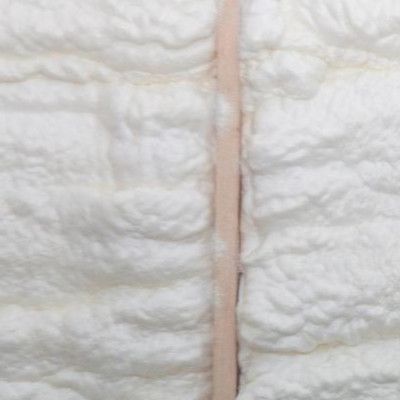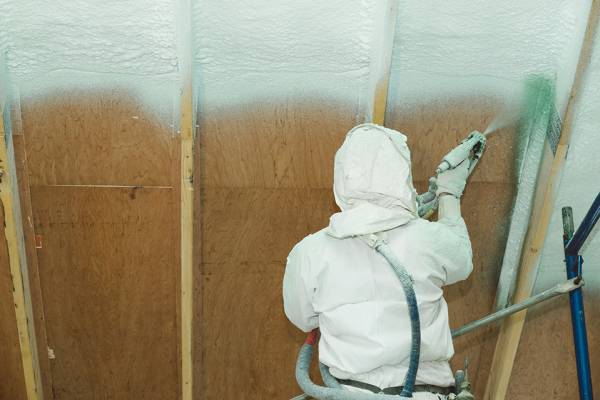
Save money on energy costs with new spray foam insulation installed by your local insulation contractor!

Enjoy huge money savings on your energy bills with our premium grade spray foam insulation services! You won't lose heat through your walls in the winter and you won't lose cool air in the summer. Over time your new spray foam insulation will pay for itself! We are your local insulation contractor and can save you money!

Enjoy a year round comfortable home. No longer will you have "cold" rooms or "hot" rooms. Our spray foam insulation services can provide an even comfort layer around your home to acheive even heating and cooling throughout the winter and summer seasons! We strive to be your trusted local insulation contractor!

Some major home problems can be solved with new spray foam insulation. Ice dams, mold issues, condensation and freezing pipes can be minimized or eliminated by upgrading your home insulation! Premium spray foam insulation will make a world of difference.

Yes, spray foam insulation can help save on energy costs. Here's how:
 NHS Spray Foam Insulation is your local insulation company serving lower Michigan and Toledo, Ohio areas. Whether you are trying to lower your energy costs or insulating your new pole barn, NHS Spray Foam Insulation can do the job for you. The best way to improve the thermal efficiency of an existing home is to stop uncontrolled air and moisture movement. Using spray foam insulation installed by your local insulation contractor to seal the spaces where you have leakage prevents conditioned air from escaping, thereby enhancing comfort and providing energy savings. Spray foam insulation also helps keep out allergens and pollutants so your indoor air quality will be improved!
NHS Spray Foam Insulation is your local insulation company serving lower Michigan and Toledo, Ohio areas. Whether you are trying to lower your energy costs or insulating your new pole barn, NHS Spray Foam Insulation can do the job for you. The best way to improve the thermal efficiency of an existing home is to stop uncontrolled air and moisture movement. Using spray foam insulation installed by your local insulation contractor to seal the spaces where you have leakage prevents conditioned air from escaping, thereby enhancing comfort and providing energy savings. Spray foam insulation also helps keep out allergens and pollutants so your indoor air quality will be improved!
NHS Spray Foam Insulation can spray foam insulation in attics, walls, basements, crawl spaces and just about anywhere you need insulation. Basically, we provide whole home insulation contractor services. Our spray foam insulation can provide an R-value up to R-49. This is a high number for walls and will really provide you with an exceptional energy savings. Up to 50%!
We can also provide insulation contractor services for commercial and agricultural applications. Spray foam insulation has so many advantages over regular fiberglass insulation that you really need to see the difference for yourself.
We here at NHS Spray Foam Insulation Services can help you decide which spray foam insulation is best for your application. Spray foam insulation comes in two main types. Closed cell and open cell spray foam. Each particular spray foam type has it's unique features and advantages. We strive to be one of the best insulation companies around and strive to satisfy our customers needs.
Call Today! (810) 599-0734
Website created by LMS Website Services. Copyright © 2023 All rights reserved.